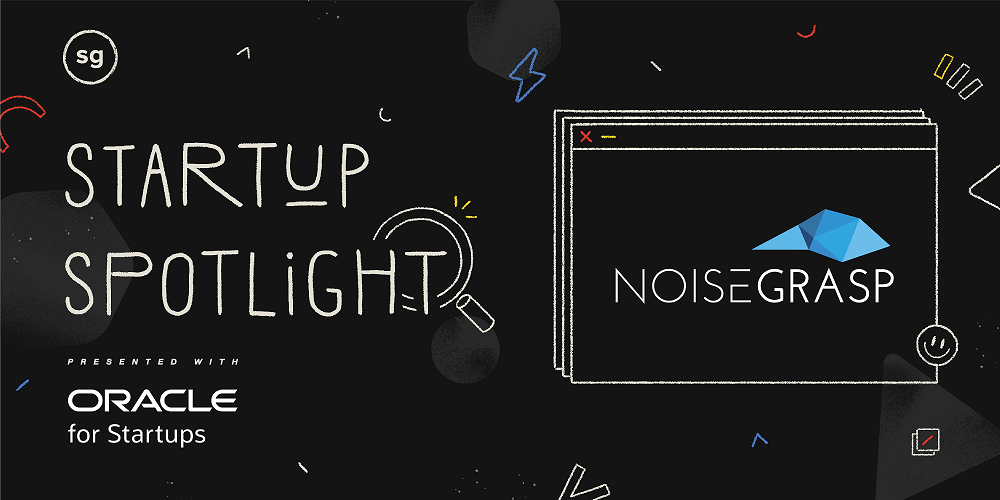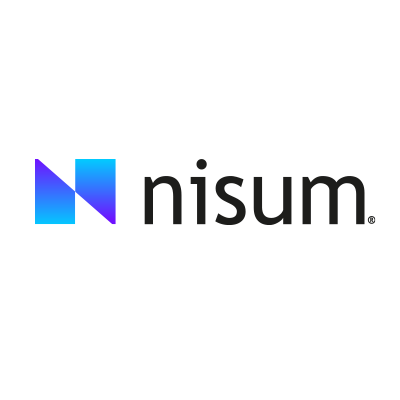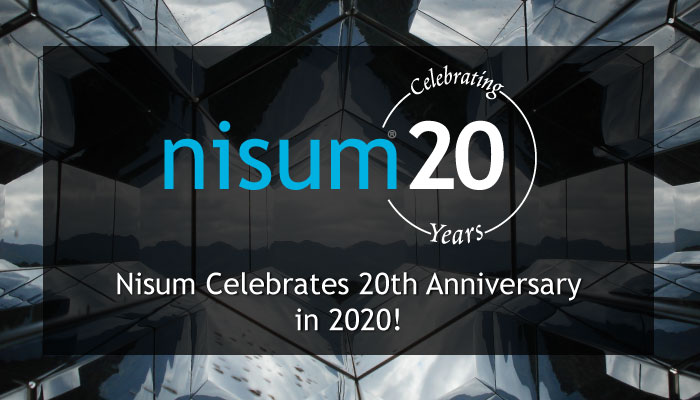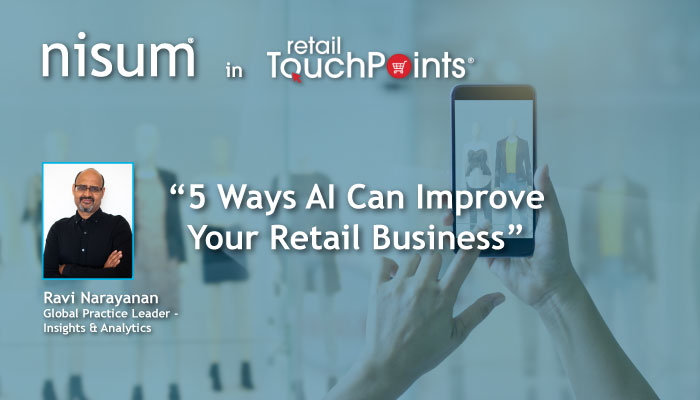Noisegrasp, a Nisum subsidiary, was interviewed by The Startup Grind Team's Startup for a Spotlight Q&A. Read the interview with Noisegrasp's Co-Founder, Andres Groisman, below or on Medium here.

Andres Groisman is the co-founder and CEO of NoiseGrasp (http://www.noisegrasp.com/), a startup that’s democratizing access to advanced marketing analytics. Driven by his passion to solve complex problems, they have developed “bleeding” edge mathematical and computational techniques to significantly reduce the time and cost involved in creating predictive models. Andres brings 15+ years of experience in diverse industries, most of his career working closely with data and analytics.
NoiseGrasp develops sophisticated mathematical descriptive, prescriptive, and predictive models to understand what drives our client’s purchase consumers, provide a recommendation on when and where to spend the next marketing dollar to maximize its return, and predict the outcome of following such strategy will be. Our company has seen huge success in Latin America over the past years and is in the process of launching its products and services in North America and potentially other markets.
In a sentence, what does your company do?
We help small and medium-sized advertisers decide where to spend their next marketing dollar and get the most “bang for their buck”.
What makes your company/product different in this market?
The marketing analytics space is currently served either by large (and costly) consulting firms or DIY-type solutions that aim to be a “one size fits all” solution. We have positioned ourselves right in the middle of that spectrum, using cutting edge mathematical and computing technologies that allow us to scale our model-production process, significantly lower the time and cost associated with it, and transfer over those savings to those small and mid advertisers who are looking for something more sophisticated than a DIY solution but can’t afford to pay north of $500k for a recommendation. From a technical standpoint, we have developed a unique “Hybrid Semi-Parametric Bayesian Modeling” approach, which allows us to produce extremely robust models (under 10% of prediction error in general) in a way that these can be updated very frequently without requiring significant manual intervention.
Describe how and when your company came to be. In other words, what was the problem you found and the ‘aha’ moment?
In 2013 I was part of the leadership team at Media X, a Los Angeles-based startup providing media-planning solutions for advertisers and media agencies. One night, having dinner with a few executives of one of our largest clients (and one of the largest retailers in the US), we started talking about the marketing analytics industry, the incumbents, challenges, etc. While at it, the person who at the moment was the CEO for their .com business said “think about it, even for companies our size, it’s hard to justify paying the large fees these consulting firms charge, especially when in the end all we get is a nice PowerPoint with charts that are informative but very hard to act on”. This was it, it all clicked then and I figured that if they struggled to pay for solutions like these, then there had to be thousands of smaller-sized advertisers that were not even close to thinking about it. After that, I met with a mathematician friend, told him what the challenge was and how we needed to come up with something able to scale, and we got to work!
What milestone are you most proud of so far?
Securing our first client in the US, seeing how excited they got by the insights we delivered, and “closing” that loop with other potential customers reaching out to us because they were referred by our client’s CEO. Getting these referrals, without even asking for them, means we are doing things right.
What are people most excited by?
Our team — building something completely new and having to come up with novel ways to solve complex problems.
Our clients — having the ability to finally “reveal the unknown”, and have some robust analysis to either confirm or challenge their intuition.
Have you pursued funding and if so, what steps did you take?
Yes, we initially raised $190k from friends and family, and recently closed larger funding round from a corporate venture in the US (can’t disclose more details about it).
What KPIs are you tracking that you think will lead to revenue generation/growth?
The KPIs are different in LATAM vs. the US. In LATAM at this point we are tracking the time and cost of developing models for our countries, it’s all about efficiency gains. In the US, however, it’s assessing market fit, how happy our clients are with our solution, and how many changes we have to make in order to make them happy.
For investors, I think the key question is how will I use the money, but in a really honest way. I feel that the amount of capital raised has become a measure of success (there is some obvious correlation but causality is not that clear to me), and I’ve seen many founders looking to raise money without an honest idea of what they need. I’m a big supporter of bootstrapping as much as you can, I think it has a very positive impact on your startup down the line.
How do you build and develop talent?
In our case, it’s all about empowerment and trust. We trust our people 100%, so we don’t see flexible hours and additional vacation days as a “benefit” per se, we trust everyone’s judgment in how they’ll make the best use of their time. And we really do empower our team to make decisions about client deliverables, about the product, etc. Everyone has a voice and a vote, in a very respectful manner. Lastly, we are committed to sharing knowledge, and because we are privileged to have incredibly talented people with unbelievable backgrounds, we dedicate a significant portion of our time to it.
How do you manage growth vs sustainability?
Perhaps my answer won’t be what many investors are looking to hear, but we are not overly ambitious. We are not looking to be the next unicorn (we are not actively working on it I should say), but we do want to be successful and make our shareholders happy. I think this has been the key to balancing growth and sustainability because I feel that when you are overly ambitious you might end up — perhaps unwillingly — sacrificing sustainability overgrowth.
What are the biggest challenges for the team?
Aside from being able to get to work now due to the protests going on in Chile, I think one huge challenge is to avoid routine. At NoiseGrasp we are all very curious, we are always looking for how to change things and make them better, so making anyone’s job routinary leads to it becoming boring and unchallenging. We’ve learned this the hard way, but we did learn it.
What’s been the biggest success for the team?
As funny or corny as it may sound, I think the team itself — the human beings that make up our team — is our biggest success as a team. We’ve been really lucky to be able to build an amazing culture inside NoiseGrasp, to the point that even in rough times where we had to let some people go to cut down on costs, those who were leaving asked to stay a few more days or weeks.
What advice would you give to other founders?
Value your company’s culture above all and don’t be greedy. You can have an amazing product and a very talented team behind it, but if they don’t feel part of it, if they don’t feel empowered, if they see the success of the company as yours and not theirs, down the road you’ll likely have a lot of problems…you didn’t build a company, after all, you just created a shiny and sexy product that, once gone (or acquired), there won’t be much more left.
Have you been or are you part of a corporate startup program or accelerator? If so, which ones and what have been the benefits?
No.



